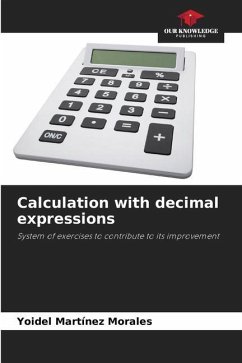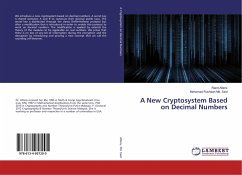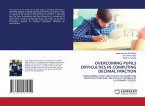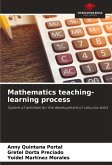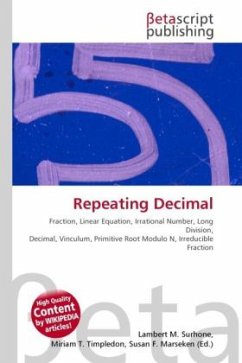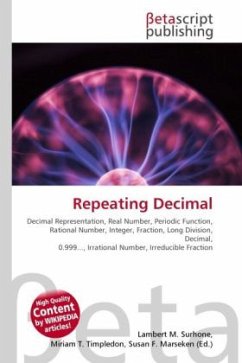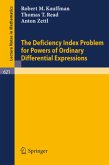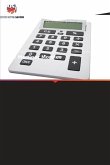The teaching-learning process of calculus in 5th grade is a prioritized objective in Primary Education, however, in the pedagogical practice it is revealed that, on numerous occasions, students present deficiencies in the development of this mathematical component. As a result of the difficulties detected, the present work was initiated, which proposes a system of exercises for 5th grade students in the development of calculation skills with decimal expressions. The research was based on theoretical methods such as: the analytical-synthetic, the inductive-deductive, the historical-logical, the systemic-structural approach, the transition from the abstract to the concrete and vice versa and modeling; on the empirical level: the pedagogical test, the observation, the interview, the documentary analysis; the experimental method in its pre-experiment variant and the mathematical-statistical methods used: the percentage calculation, graphs and tables. The scientific novelty consists of exercises graded by levels of cognitive performance, with an integral, contextualized and practical character based on the curricular adjustments of the grade, which contribute to development.
Bitte wählen Sie Ihr Anliegen aus.
Rechnungen
Retourenschein anfordern
Bestellstatus
Storno

